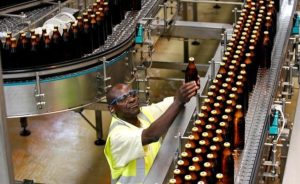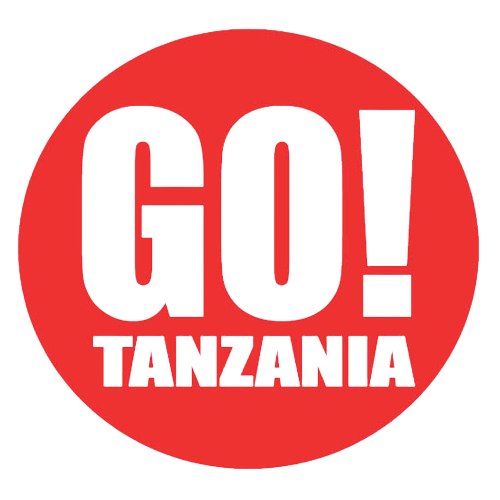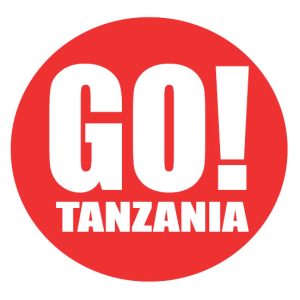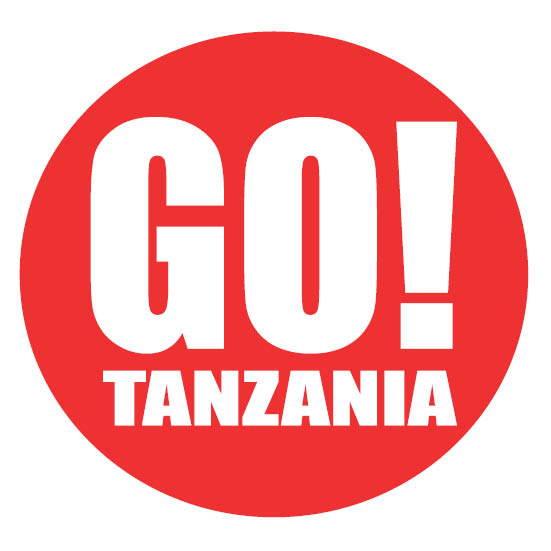Diageo has already moved to separate out its brewing operations. It sold its brewery in Cameroon to Castel for $460m in July 2022 and sold its Meta Abo brewery in Ethiopia to Castel in January 2022. Castel, whose operations are mostly focused on francophone markets, does not yet operate in Diageo’s two leading beer markets in West Africa, Nigeria and Ghana. Although we understand that Diageo does not want to sell its Guinness brand, it is prepared to licence it, as has happened in Cameroon.
Diageo, the global spirits and beer giant, is currently restructuring much of its global business. Rumours have been circulating for some months that Diageo is looking to make major changes to its beer portfolio, which accounted for 14% of sales by value for FY2023, which are seen as lower margin and harder to scale profitably.
According to some reports published by Trendtype a month ago, Diageo is looking to divest its beer portfolio apart from its flagship beer brand Guinness. If that was the case, the brands for sale would include Harp lager, Kilkenny, Smithwick’s (Ireland) and brands including Tusker and Senator in Kenya.
Diageo has already moved to separate out its brewing operations. It sold its brewery in Cameroon to Castel for $460m in July 2022 and sold its Meta Abo brewery in Ethiopia to Castel in January 2022. Castel, whose operations are mostly focused on francophone markets, does not yet operate in Diageo’s two leading beer markets in West Africa, Nigeria and Ghana. Although we understand that Diageo does not want to sell its Guinness brand, it is prepared to licence it, as has happened in Cameroon.
Diageo also licences Guinness in Mauritius to Phoenix Beverages, part of Mauritian conglomerate IBL Group. IBL is making a big play in East Africa: it has acquired majority stakes in leading Kenyan supermarket chain Naivas and pharmaceutical distributor Harley’s. It has also acquired a 28.3% equity stake in cider and gin startup African Originals.
If Diageo’s East African brewing business (Kenya, Uganda and Tanzania) is for sale, both Castel and Phoenix Beverages could be candidates. So too AB InBev, which brews in Uganda and Tanzania but does not have a brewery in Kenya, the biggest by far of Diageo’s East African markets.
Why are Diageo’s African brewing operations vulnerable? In Nigeria because of operating complexities and fx access, a longstanding issue that dogs multinational FMCG companies operating in Africa’s largest market. Diageo has an issue with growth in African markets: across the region, sales growth was just 1% in FY2023 compared to FY2022. However, beer in Nigeria is actually one of the highlights. East Africa is problematic. Note that Africa is Diageo’s only region where beer is more important in value terms than spirits. It also has the lowest net profit. Whereas net margin in North America was 38%, 30% in Europe, 14% in Asia-Pacific, 37% in Latin America and the Caribbean, in Africa it was 10%.

From April 2024 Guinness Nigeria will no longer import or distribute Diageo international premium spirits products, including Johnnie Walker, Singleton and Baileys. The move will end its 2016 Sale & Distribution Agreement with Diageo. The move is being positioned as allowing Guinness Nigeria to focus on its core business (locally manufactured products), give it more scope to innovate locally in spirits and reduce fx requirements. It also makes the sale of brewing assets considerably easier. In East Africa, we expect Diageo will also look to disaggregate its brewing and spirits distribution.
For now, Diageo is withholding comment. But it increasingly looks like its direction of travel is to sell its brewing assets, licence Guinness and focus on the different segments of its spirits offer. To that extent, IBL, Castel and AB InBev and potentially Unibra (which has operations in DRC, Rwanda, Ethiopia, Djibouti, Madagascar and Guinea) all look like potential suitors.
 Diageo will not be the only brewer in Africa focusing more on spirits. The acquisition by Heineken of South African distiller Distell may radically reshape the Dutch brewer’s focus globally. Certainly, we can see how Distell and Heineken are being integrated across South Africa, in Kenya and Nigeria. But the impact is likely to be more profound precisely because Heineken can look at high margin spirits brands sold by Diageo and Pernod Ricard in major African markets and see a huge growth opportunity.
Diageo will not be the only brewer in Africa focusing more on spirits. The acquisition by Heineken of South African distiller Distell may radically reshape the Dutch brewer’s focus globally. Certainly, we can see how Distell and Heineken are being integrated across South Africa, in Kenya and Nigeria. But the impact is likely to be more profound precisely because Heineken can look at high margin spirits brands sold by Diageo and Pernod Ricard in major African markets and see a huge growth opportunity.
Source: trendtype



